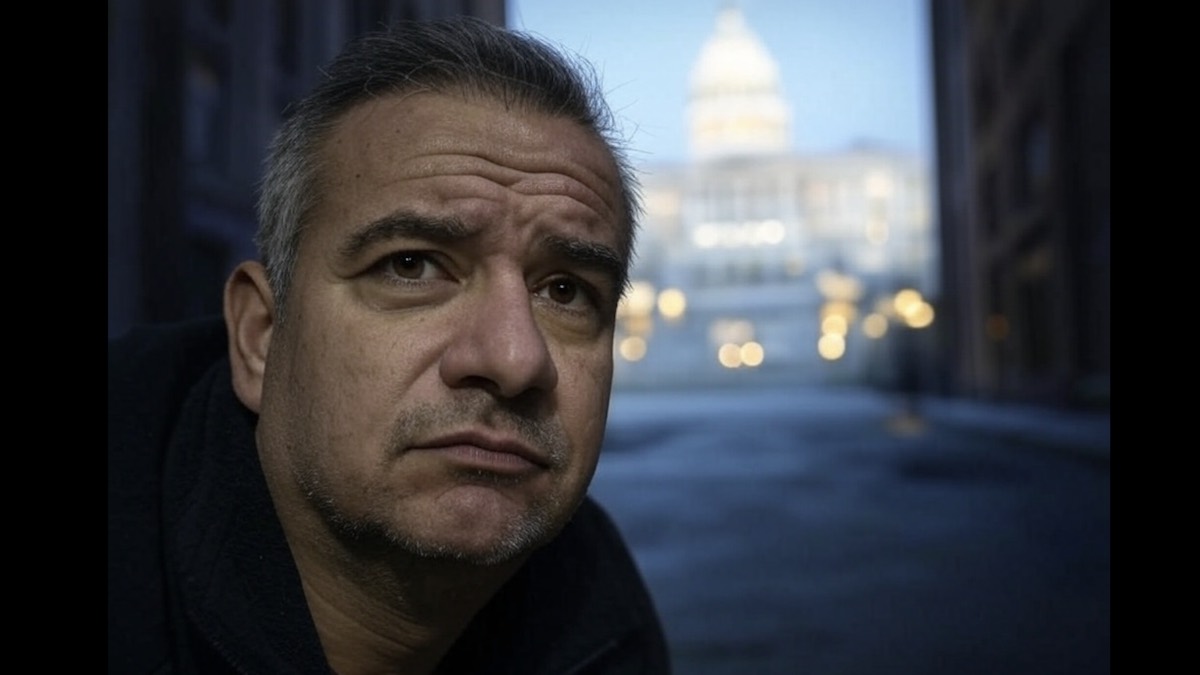latest
Massachusetts spent $3 billion on homelessness but didn’t build a single home and homelessness doubled in three years

In the past three years, Massachusetts has allocated $3 billion for the emergency shelter system but didn’t build a single home and homelessness increased from 14,000 in 2021 to 29,000 in 2024. Most of the money went to grossly overpriced $10,000 per month hotel rooms, and government and non profit salaries instead of building long-term housing.
Generally, when the government “fights” homelessness a lot of people make money and the problem not only never goes away, it generally gets worse. In total, government spending on anti-poverty initiatives across federal, state, and local levels exceeded $1.8 trillion annually as of 2021. Between 2020 and 2024, the United States experienced a significant increase in homelessness, reaching record levels. Below is a year-by-year overview of the estimated number of people experiencing homelessness during this period:
| Year | Estimated Homeless Population | Percentage Increase from Previous Year |
|---|---|---|
| 2020 | Approximately 580,000 | — |
| 2021 | Data not comprehensively available due to the COVID-19 pandemic | |
| 2022 | Approximately 582,500 | — |
| 2023 | 653,104 | 12% |
| 2024 | 771,480 | 18% |
Many will say that we’ve had a bad economy and that as homelessness increases, we need to spend more money. While I don’t disagree that as homelessness increases, we as a society should increase our focus on the problem, but generally it’s bad government policy that creates homelessness – increased spending that causes inflation which results in higher cost of living, increased government taxes, and increases in migration that keeps wages low and puts pressures on housing.
If America and Massachusetts keep spending a fortune homelessness, why do the numbers continue to go up? Because there is a lot of money to be made helping the poor and very little incentive to fix the problem. It’s not uncommon for the best salaries in your community to be leaders of non-profits. For example, in Fall River the head of Steppingstone, Fall River’s primary homeless shelter that also provides addiction treatment, makes $265,000 a year or twice as much as the mayor, more than the governor of Massachusetts and nearly nine times as much as Fall River workers. Steppingstone is just one of hundreds, if not thousands, of non profits in Massachusetts getting rich helping our most vulnerable. There are thousands, if not 10s of thousands, of these non profits operating across America.
In 2021, there were 14,000 homeless people in Massachusetts and the state has allocated $3 billion to the emergency shelter system. That means we could have just gave a $214,285 to each homeless person for a downpayment on a home. Instead, the state pushed the money to hotels and allowed anyone from around the country and world to get a free hotel room, food, transportation, health care and other services. This spending more than doubled our homeless population from 14,000 to 29,000. No homeless were given a home. No houses were built. Instead, hotel owners made millions and very little has been done to solve the problem.
President Joe Biden and Democrats relaxed border policies combined with Massachusetts Right to Shelter law created the perfect storm that attracted people from around the world to our state. The response was spending $3 billion dollars that mostly enriched hotel owners and well-connect non-profit heads while building zero homes to actually solve the problem in the long term.
Sources
2020: The Department of Housing and Urban Development (HUD) reported approximately 580,000 individuals experiencing homelessness on a single night in January 2020.U.S. Census Bureau
2021: Comprehensive data collection was disrupted due to the COVID-19 pandemic, leading to a lack of nationwide statistics for this year.
2022: HUD estimated that about 582,500 people were experiencing homelessness, indicating a relatively stable number compared to 2020.U.S. Census Bureau
2023: The homeless population surged to 653,104, marking a 12% increase from the previous year. This was the largest recorded increase since data collection began in 2007. End Homelessness+1Wikipedia+1
2024: Homelessness continued to rise sharply, reaching 771,480 individuals—a further 18% increase from 2023.





